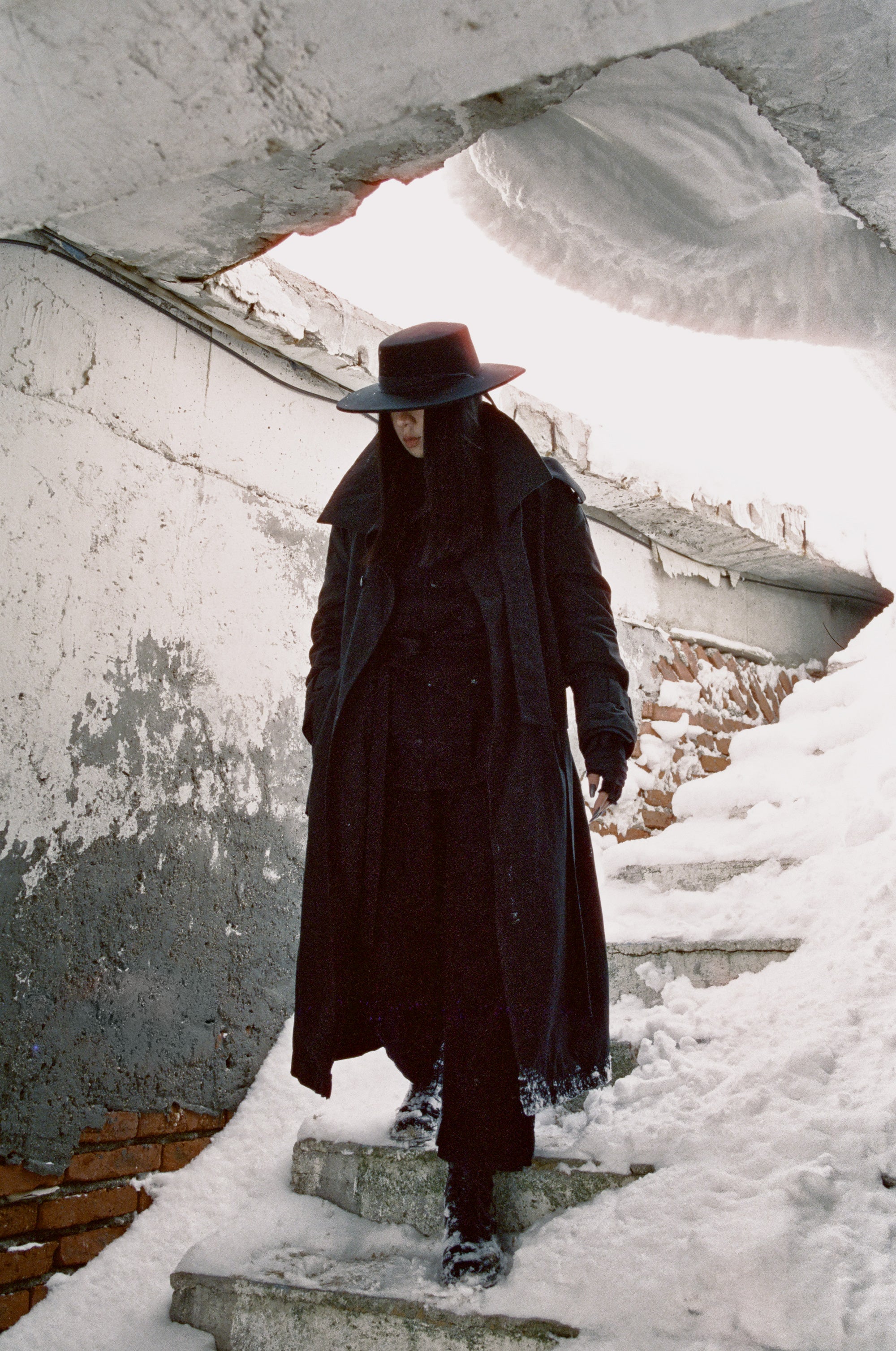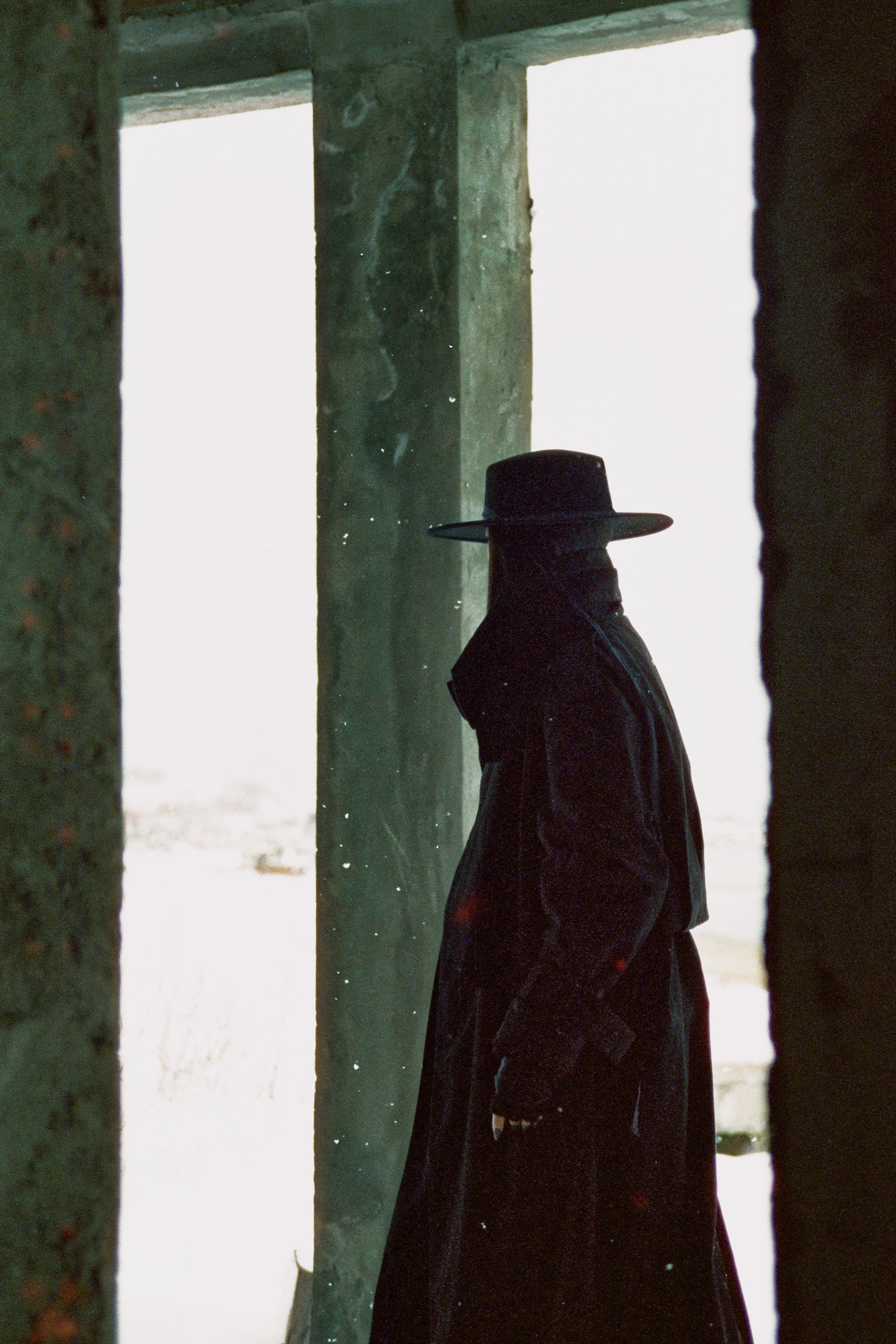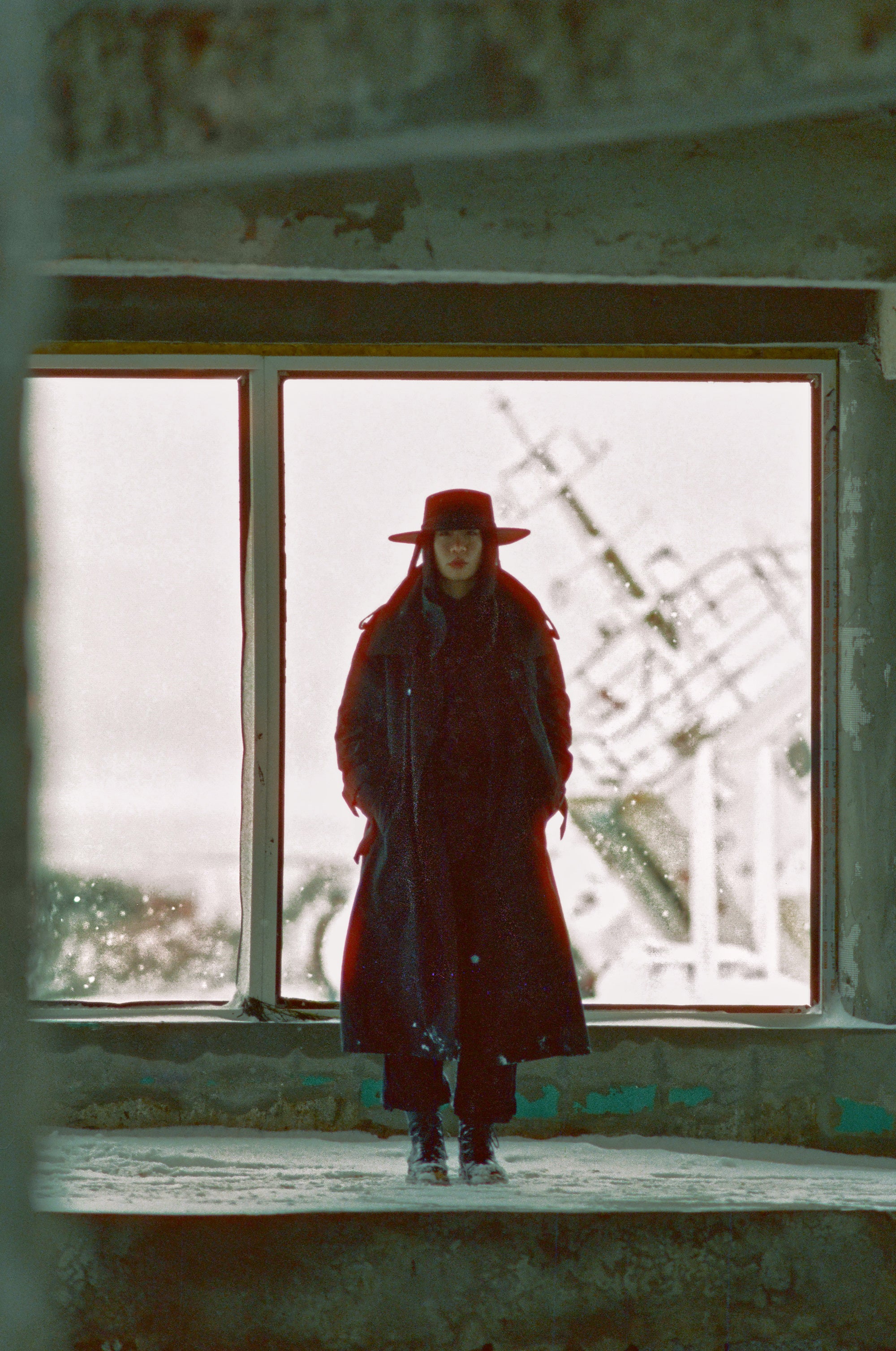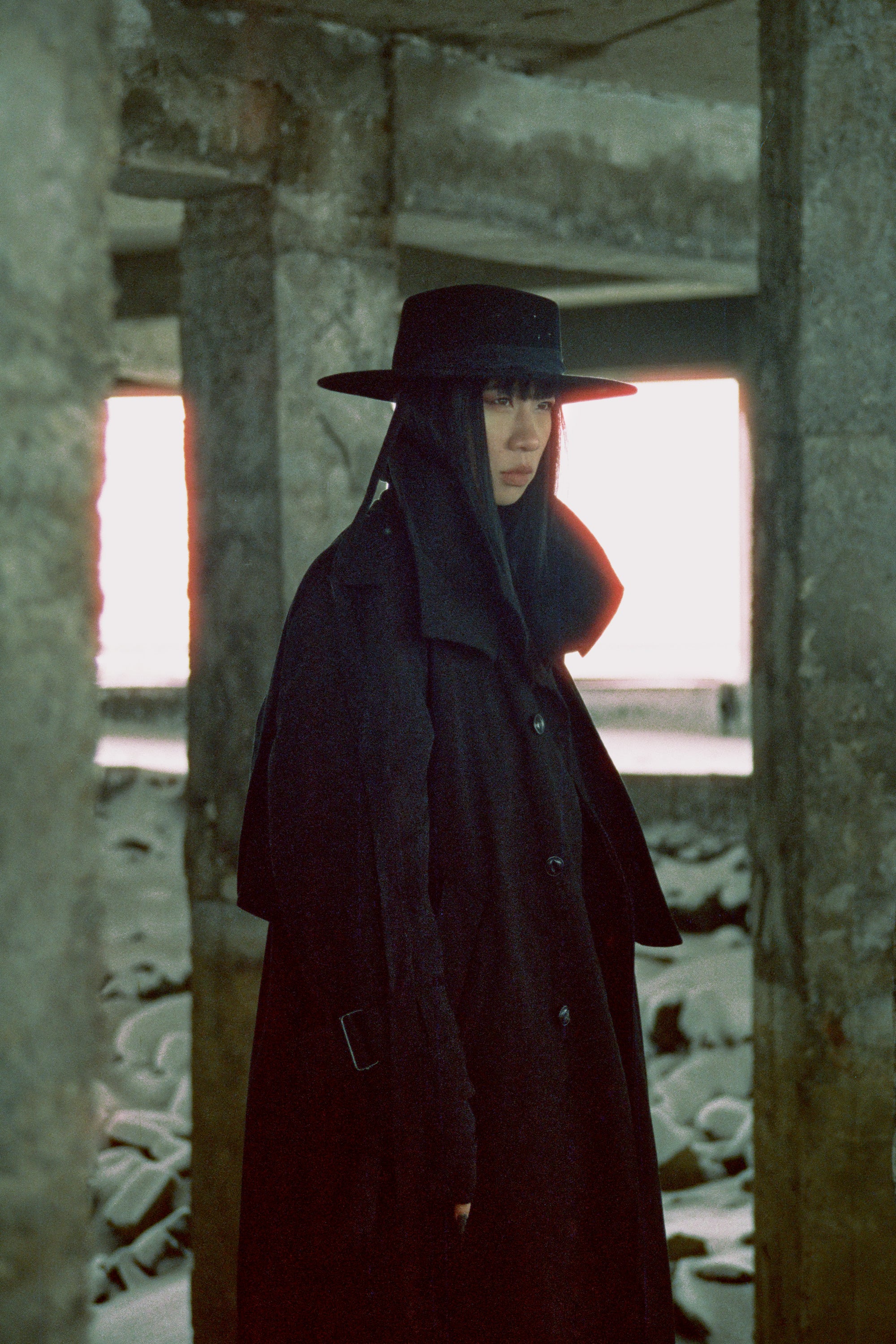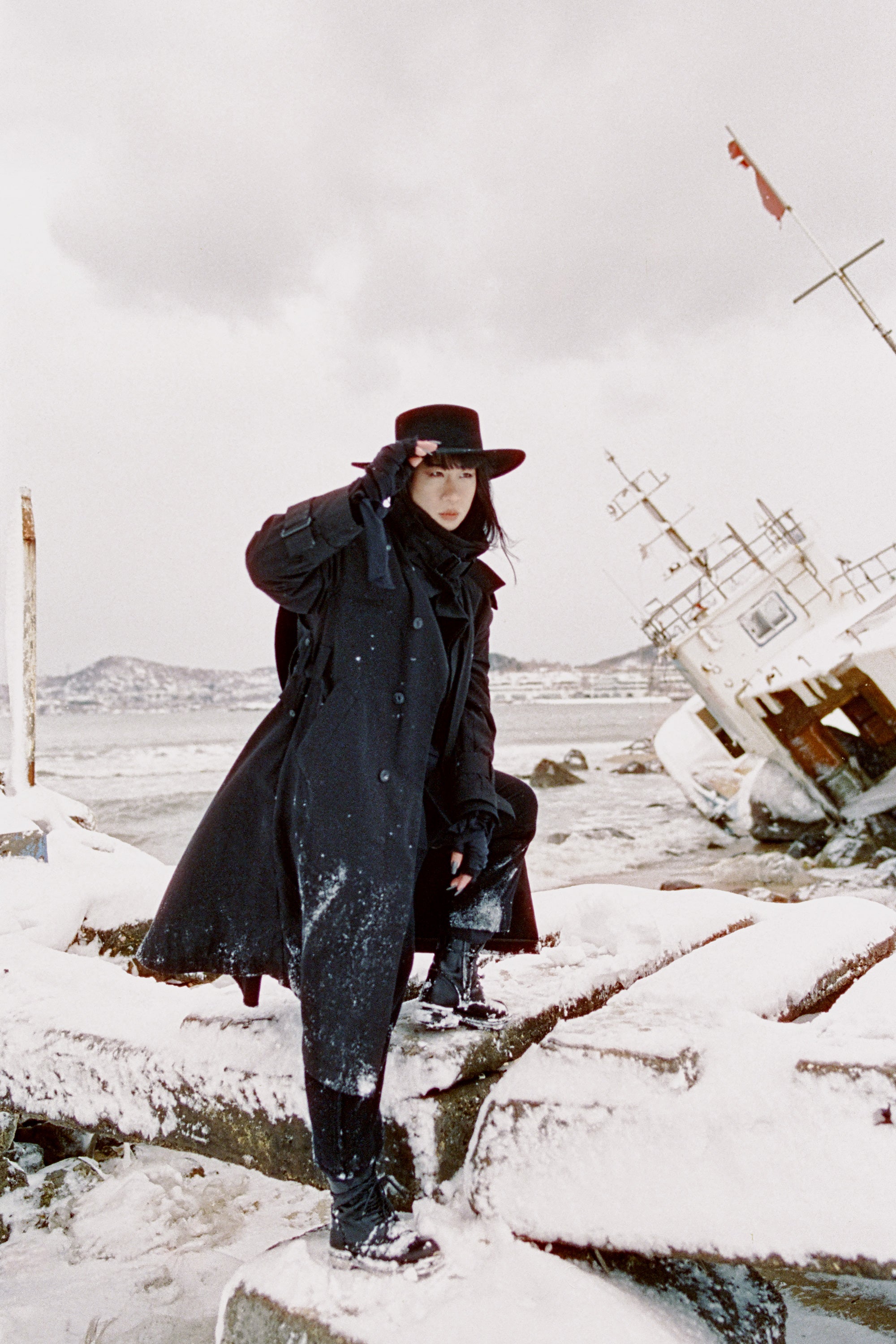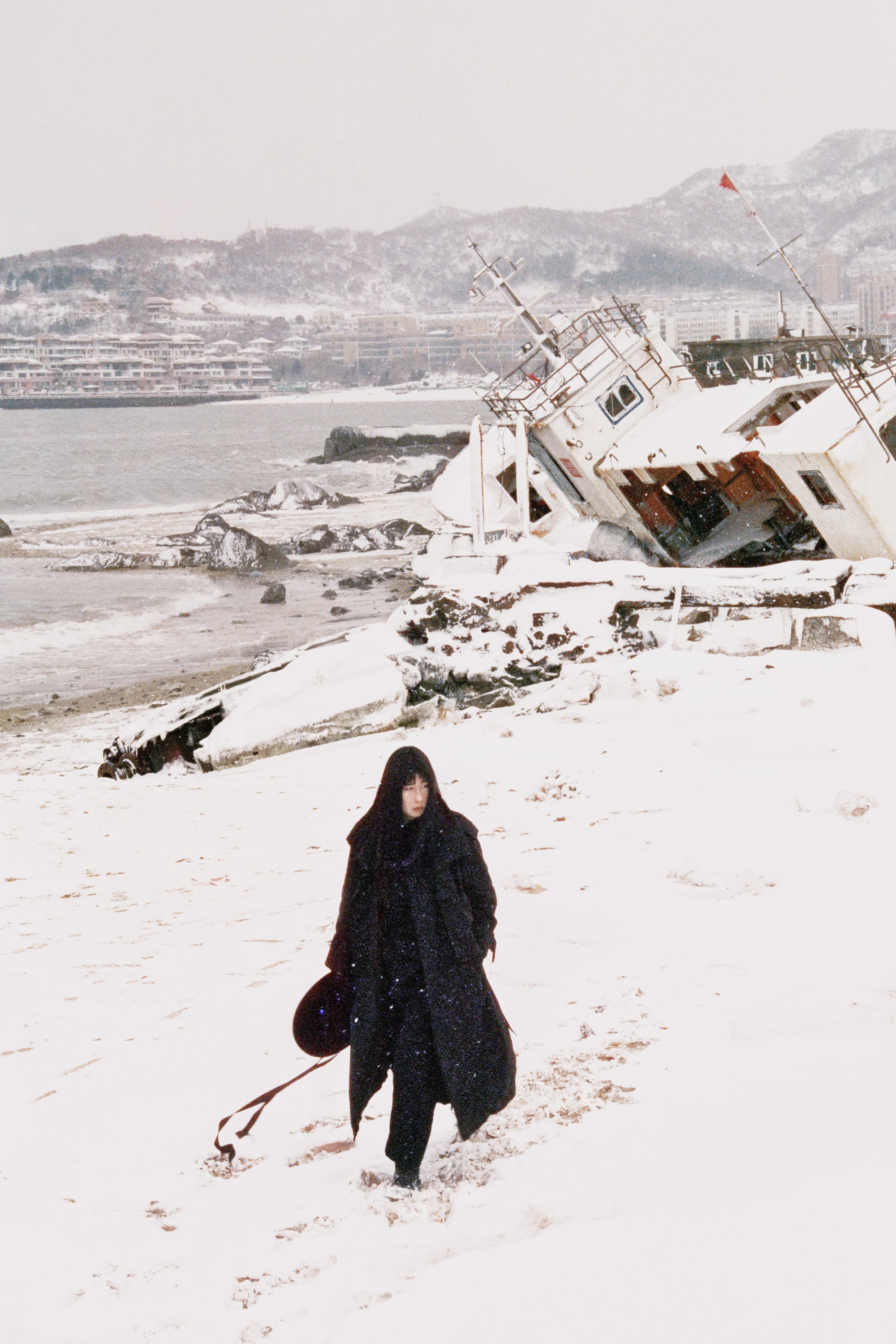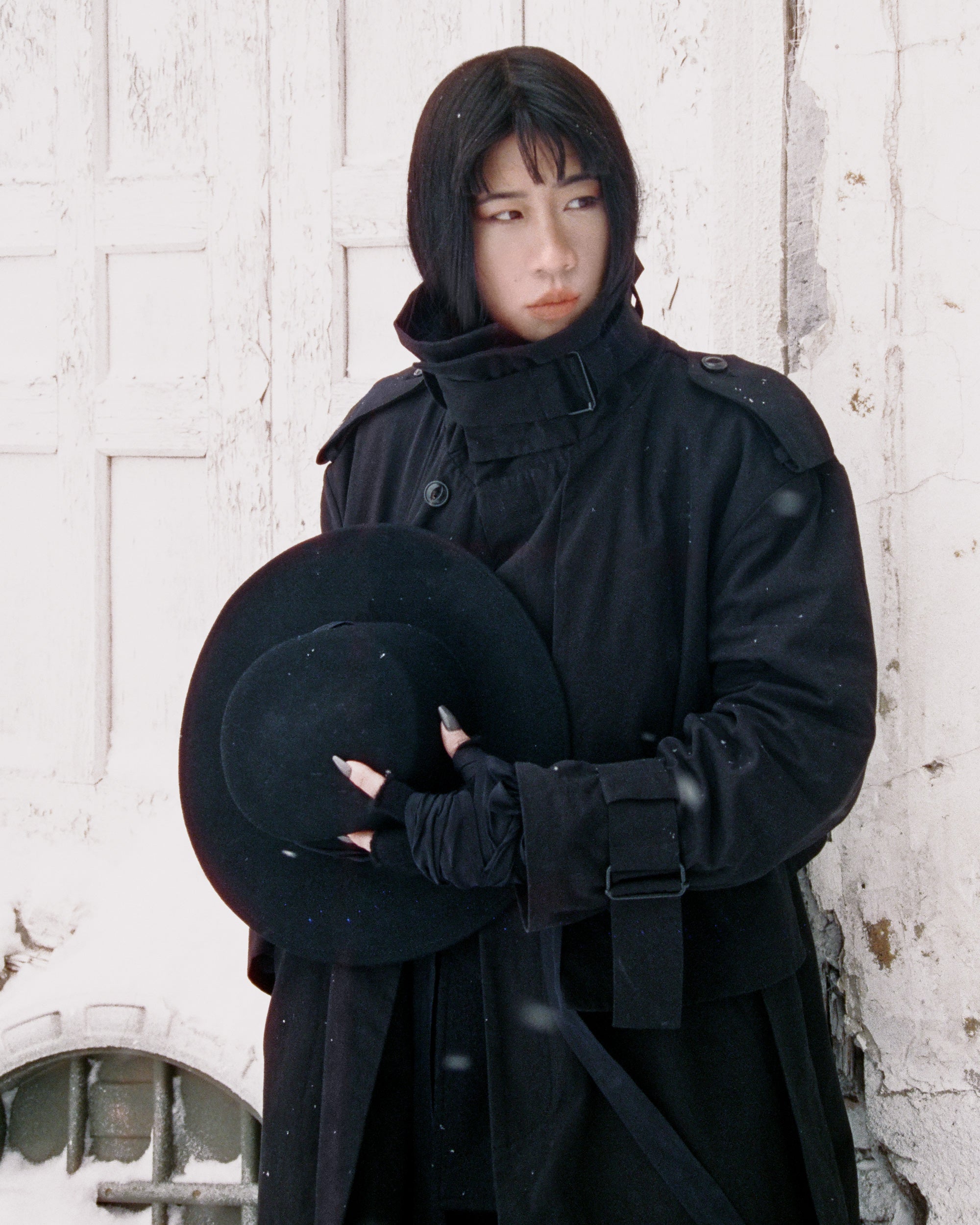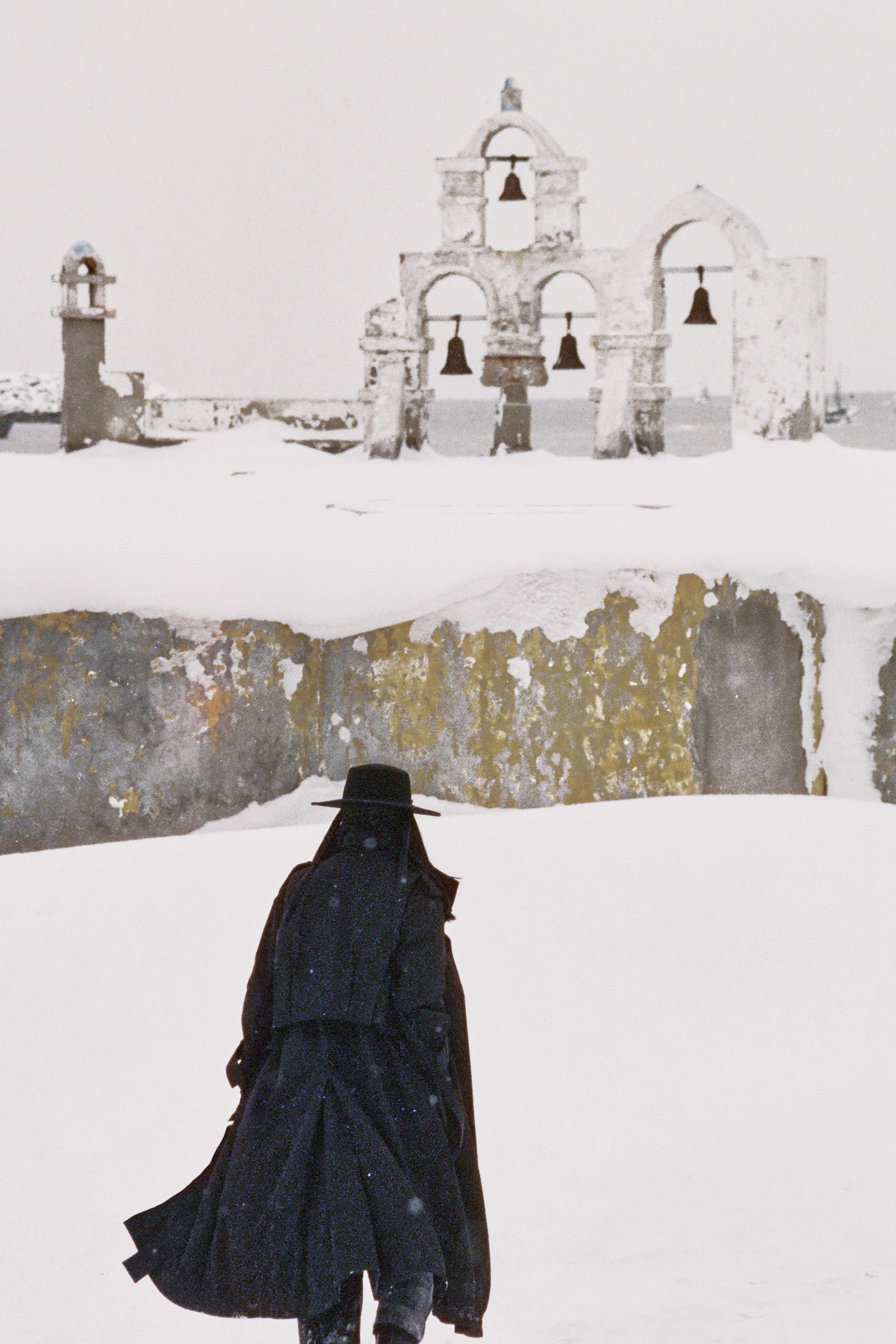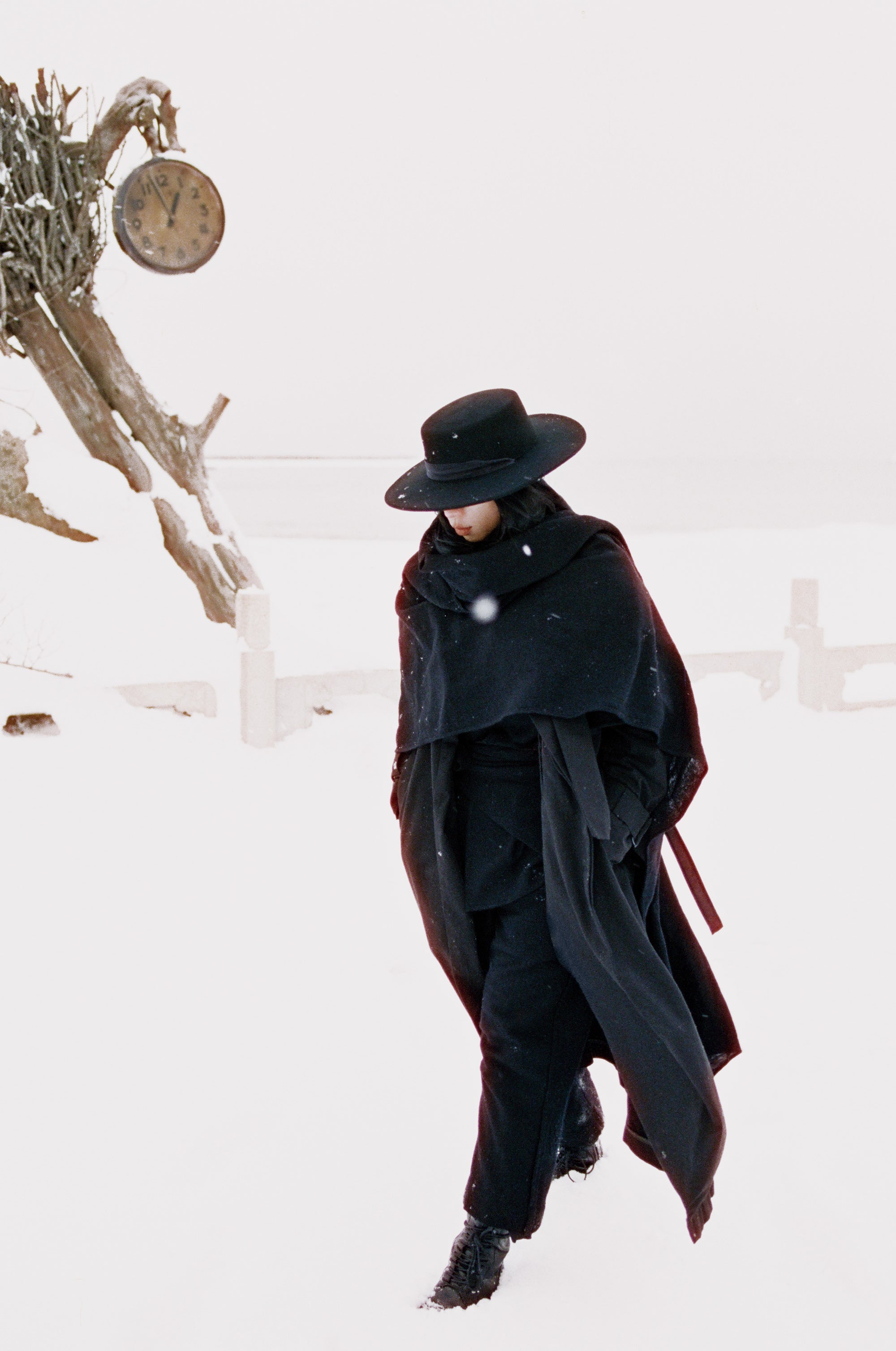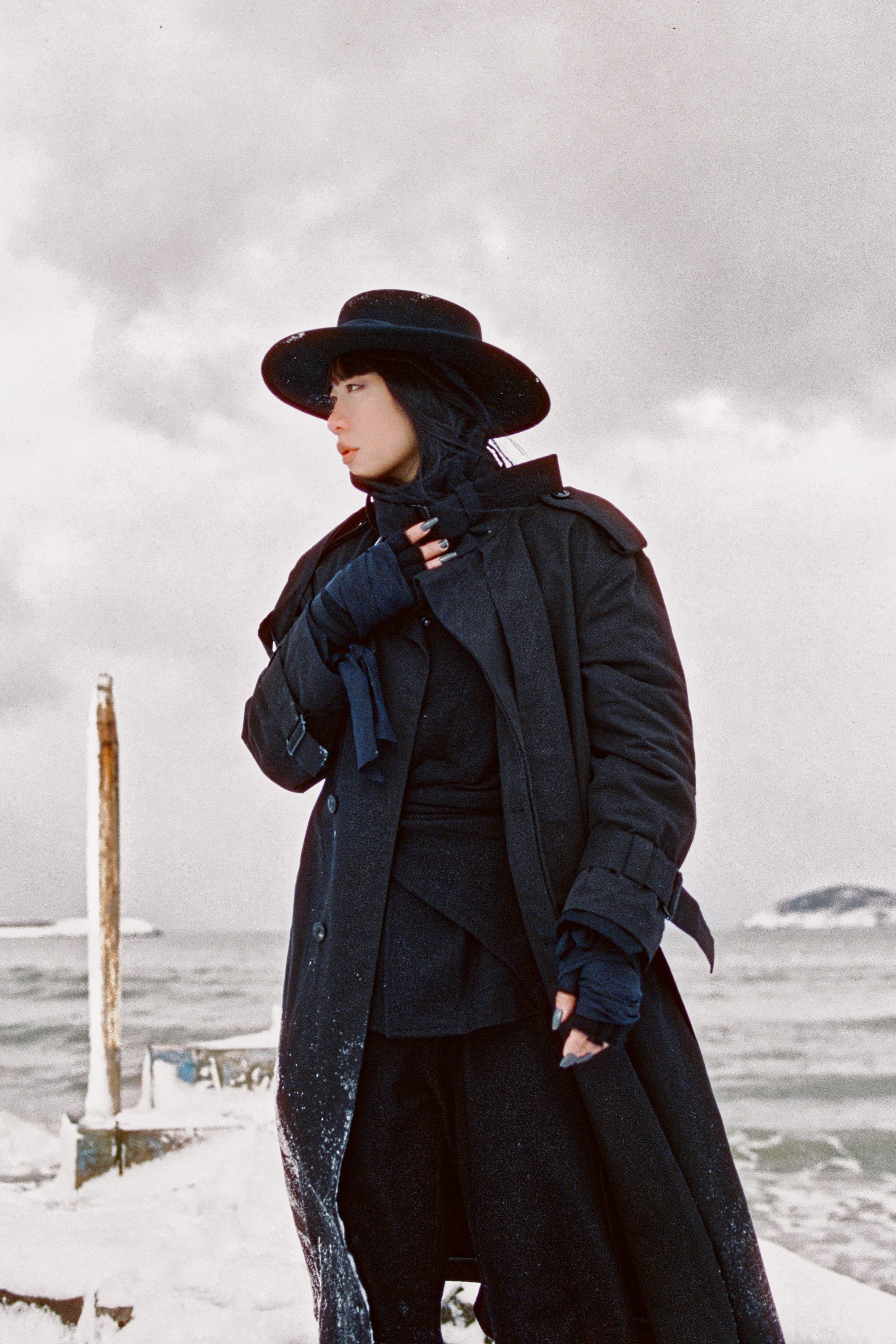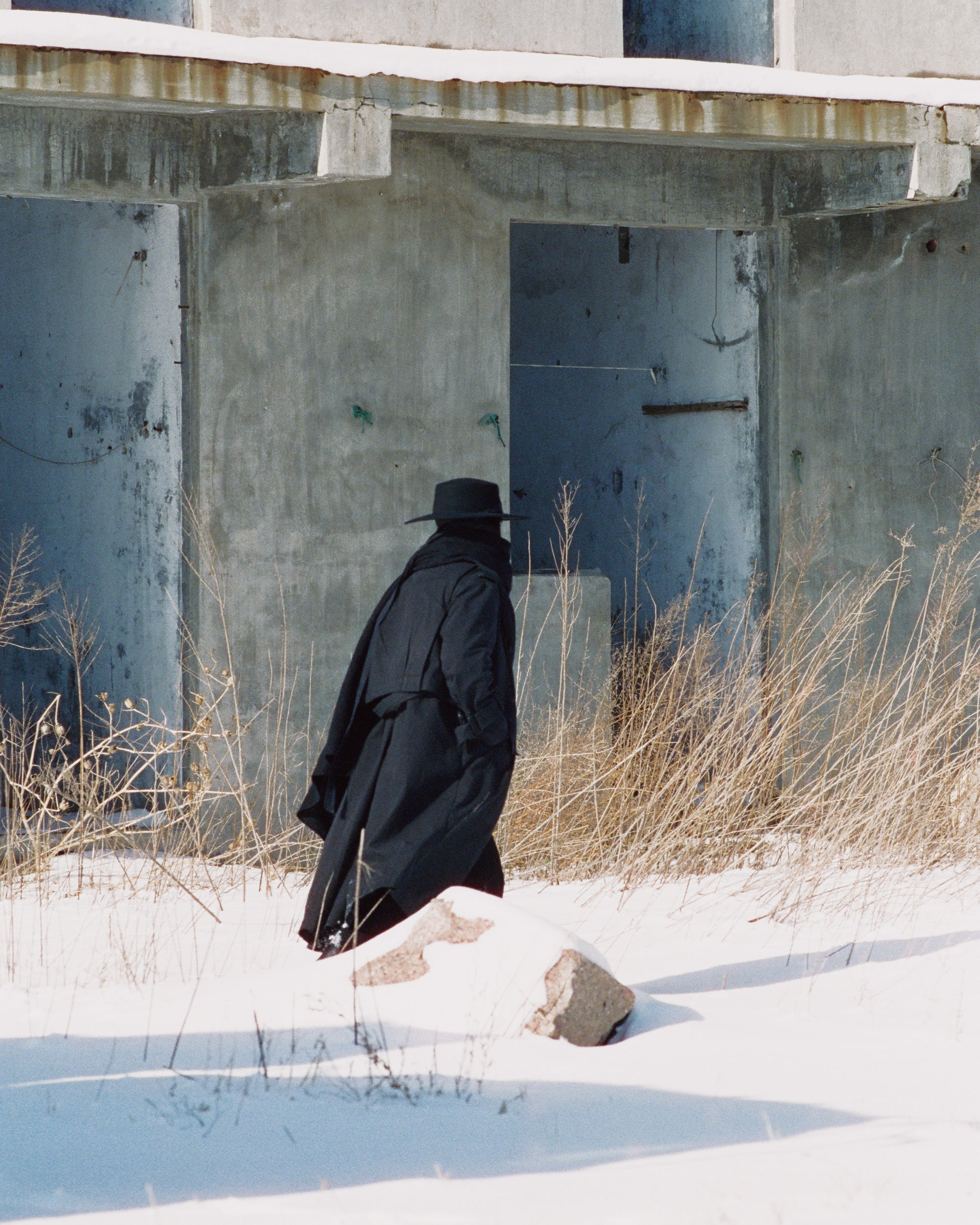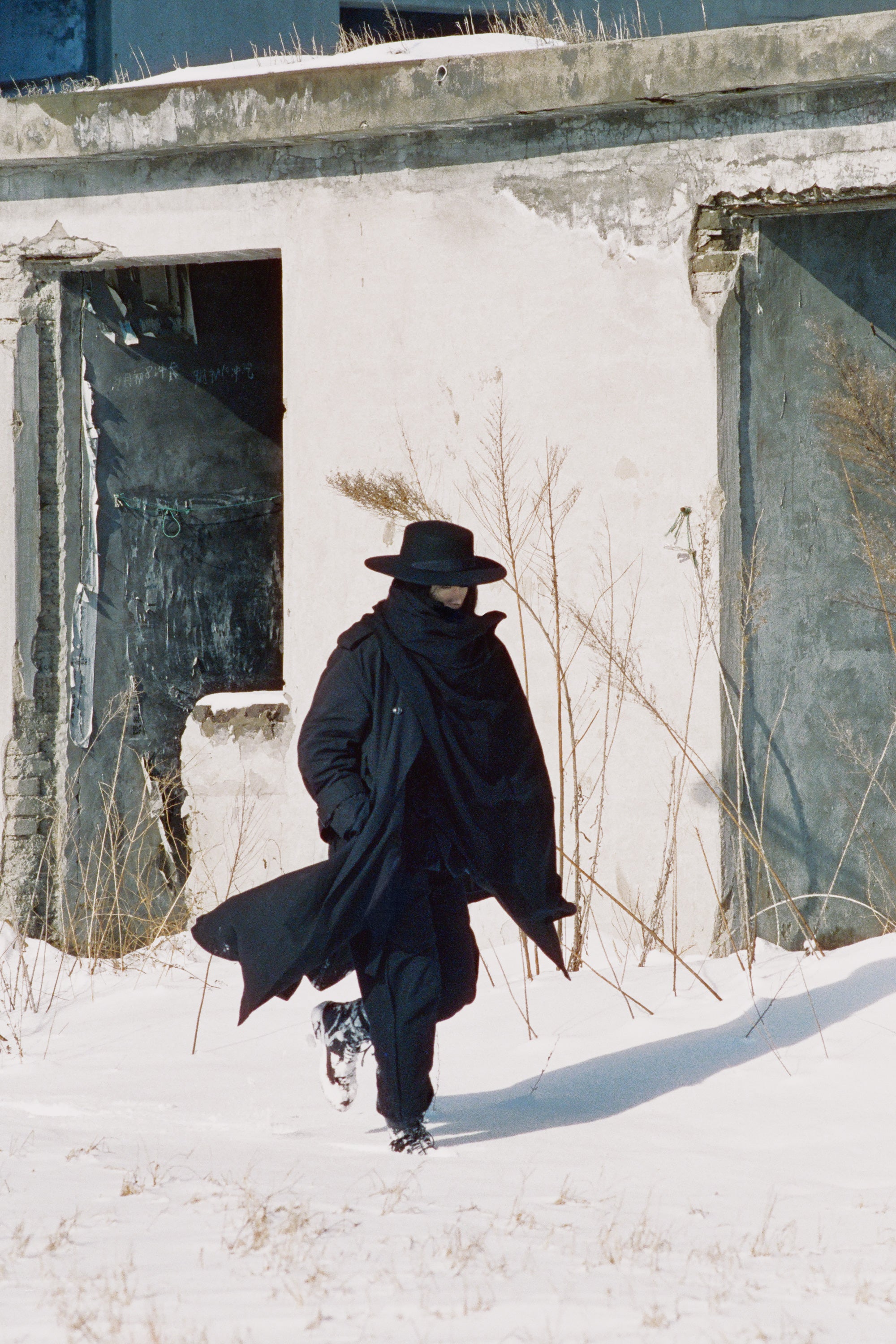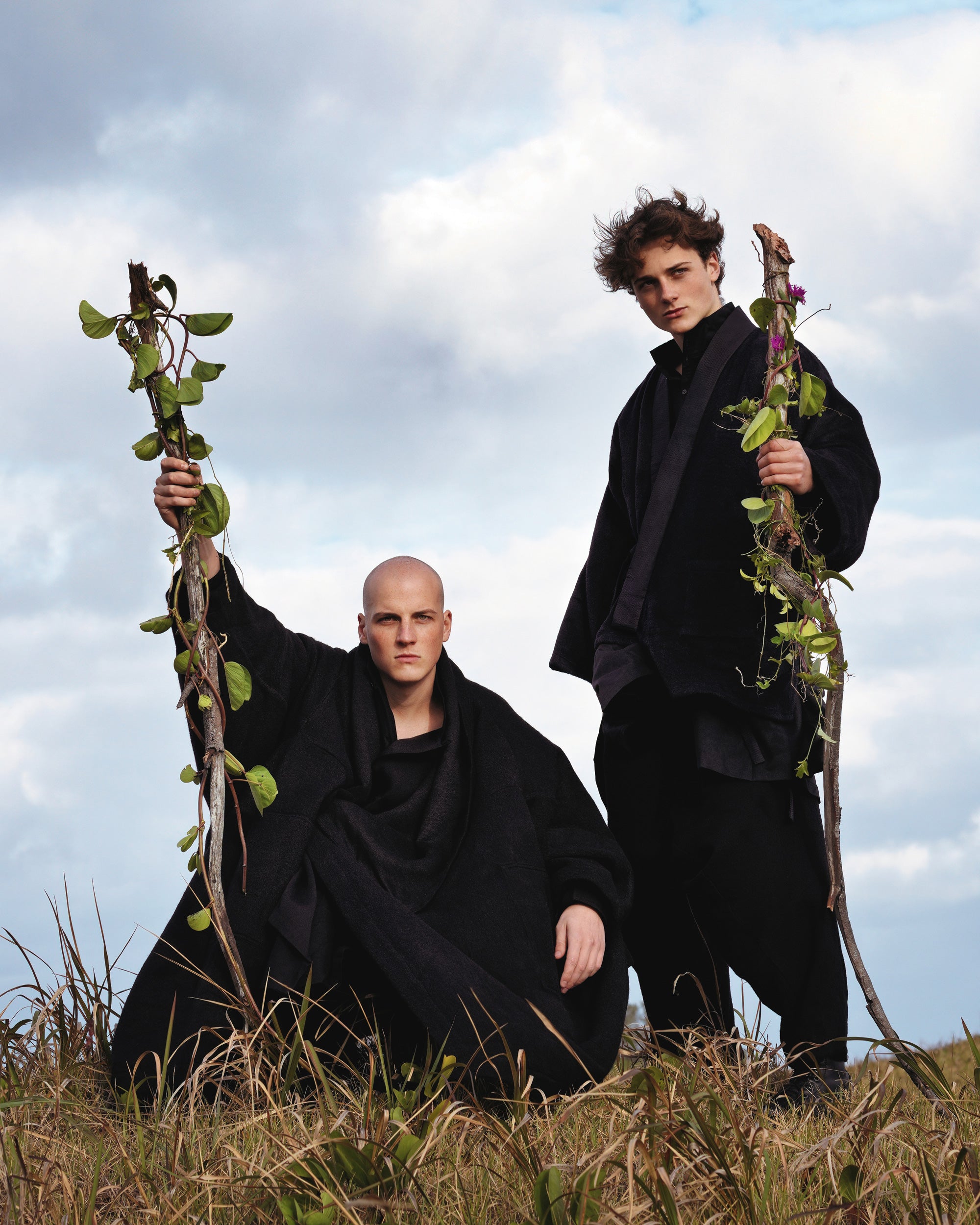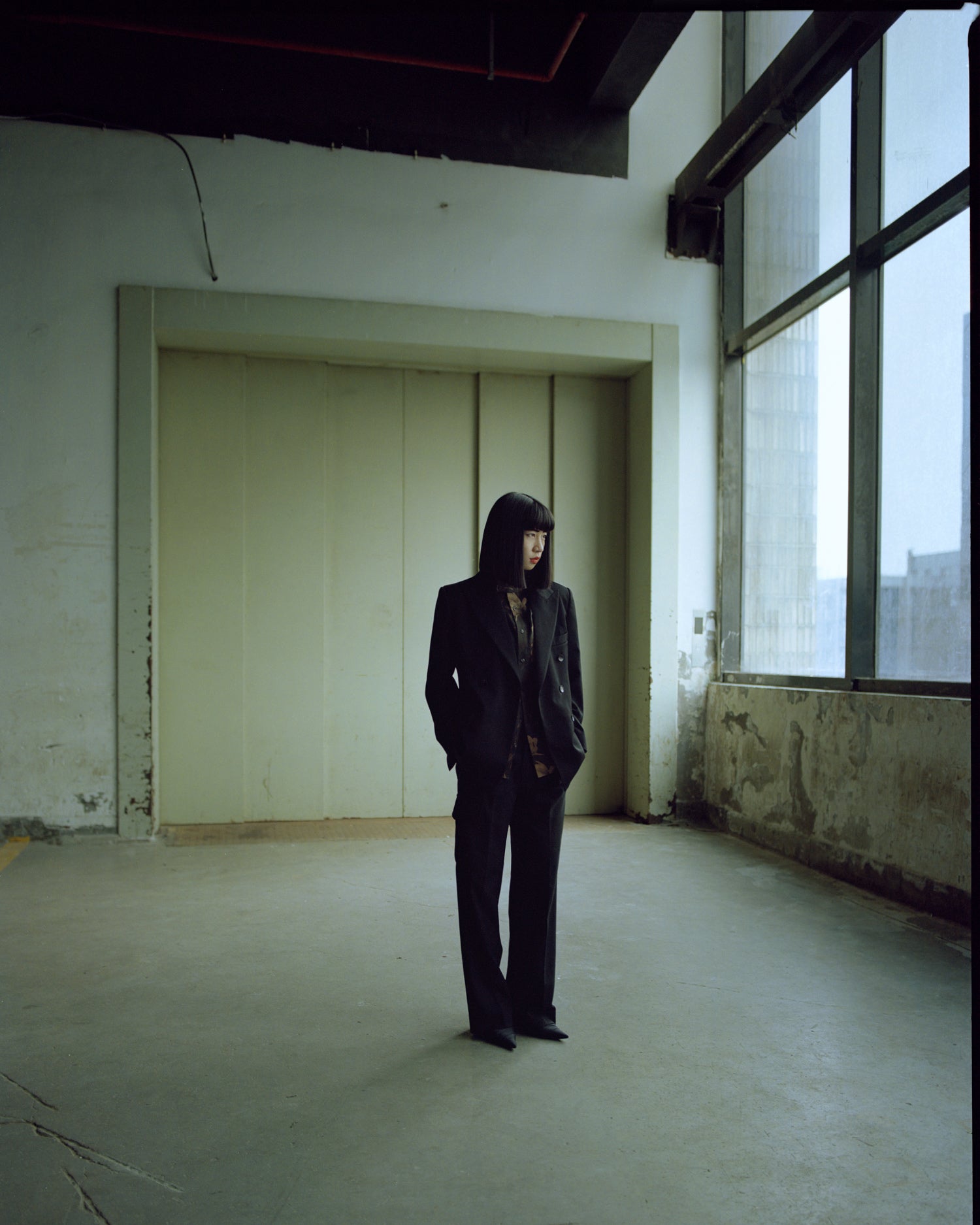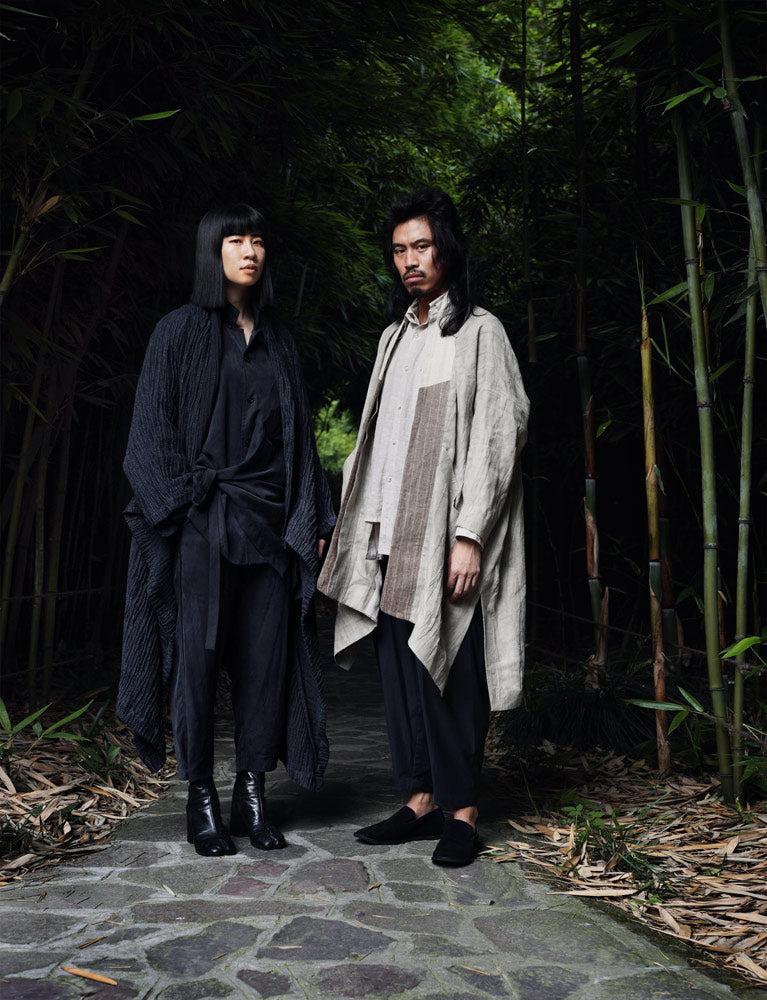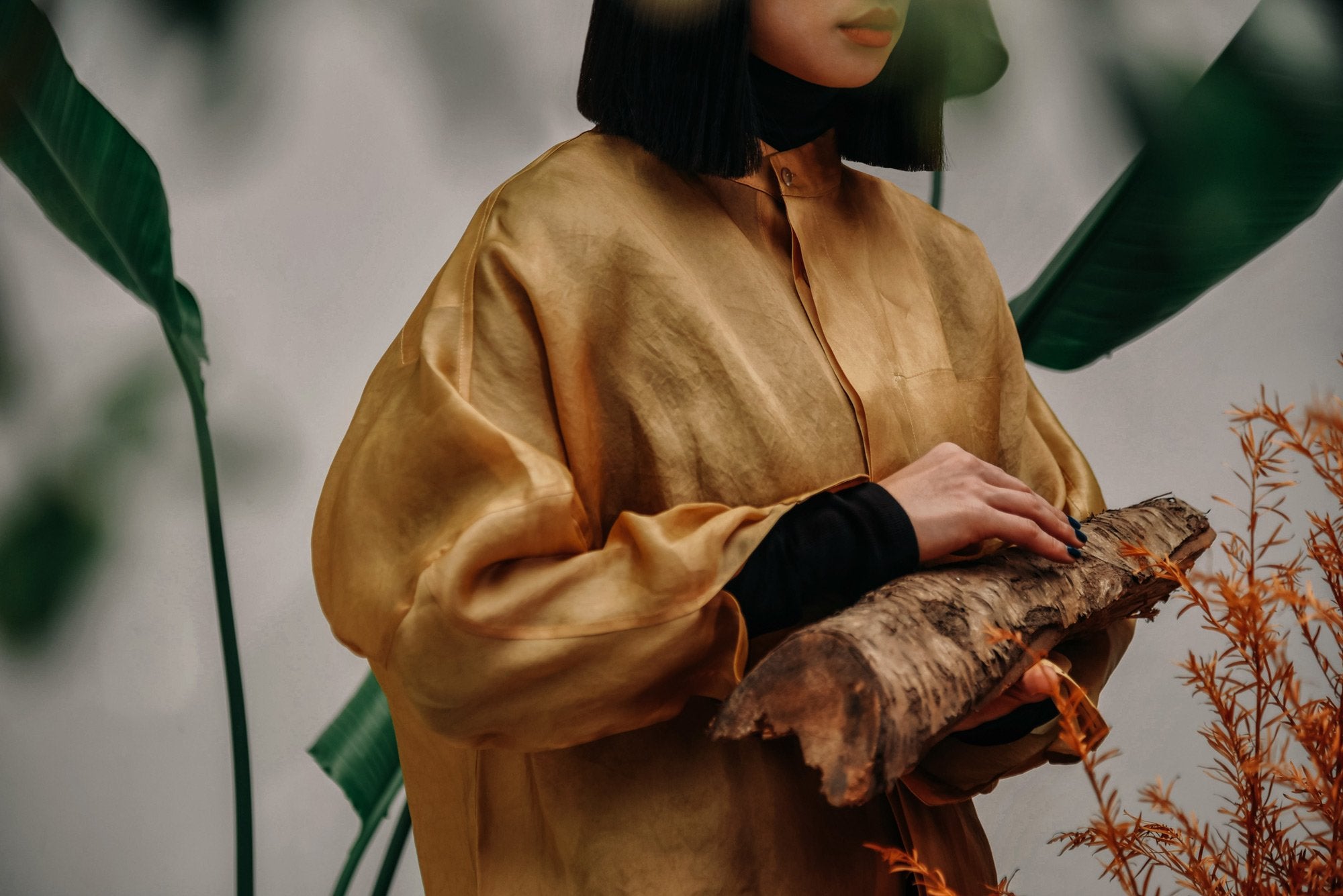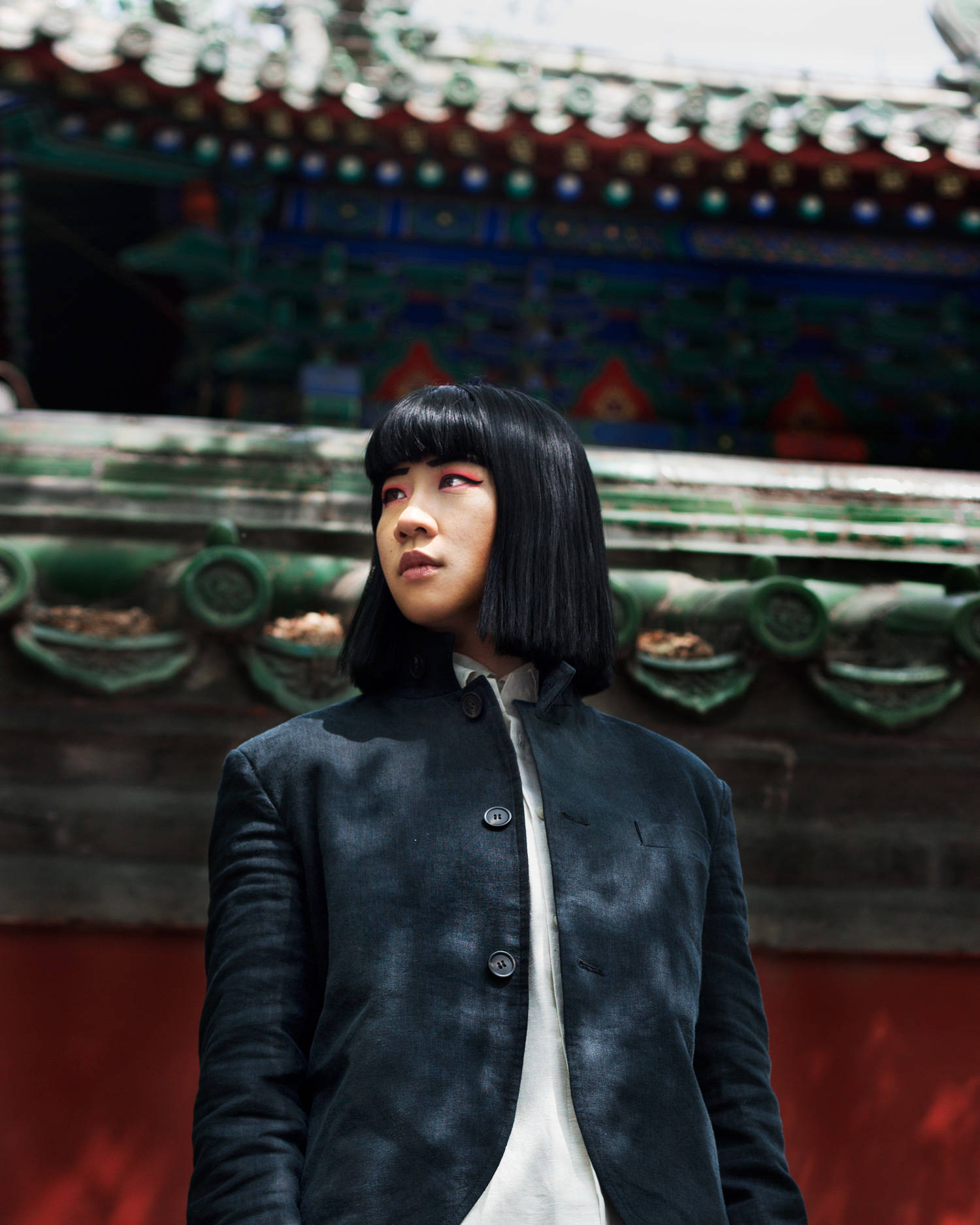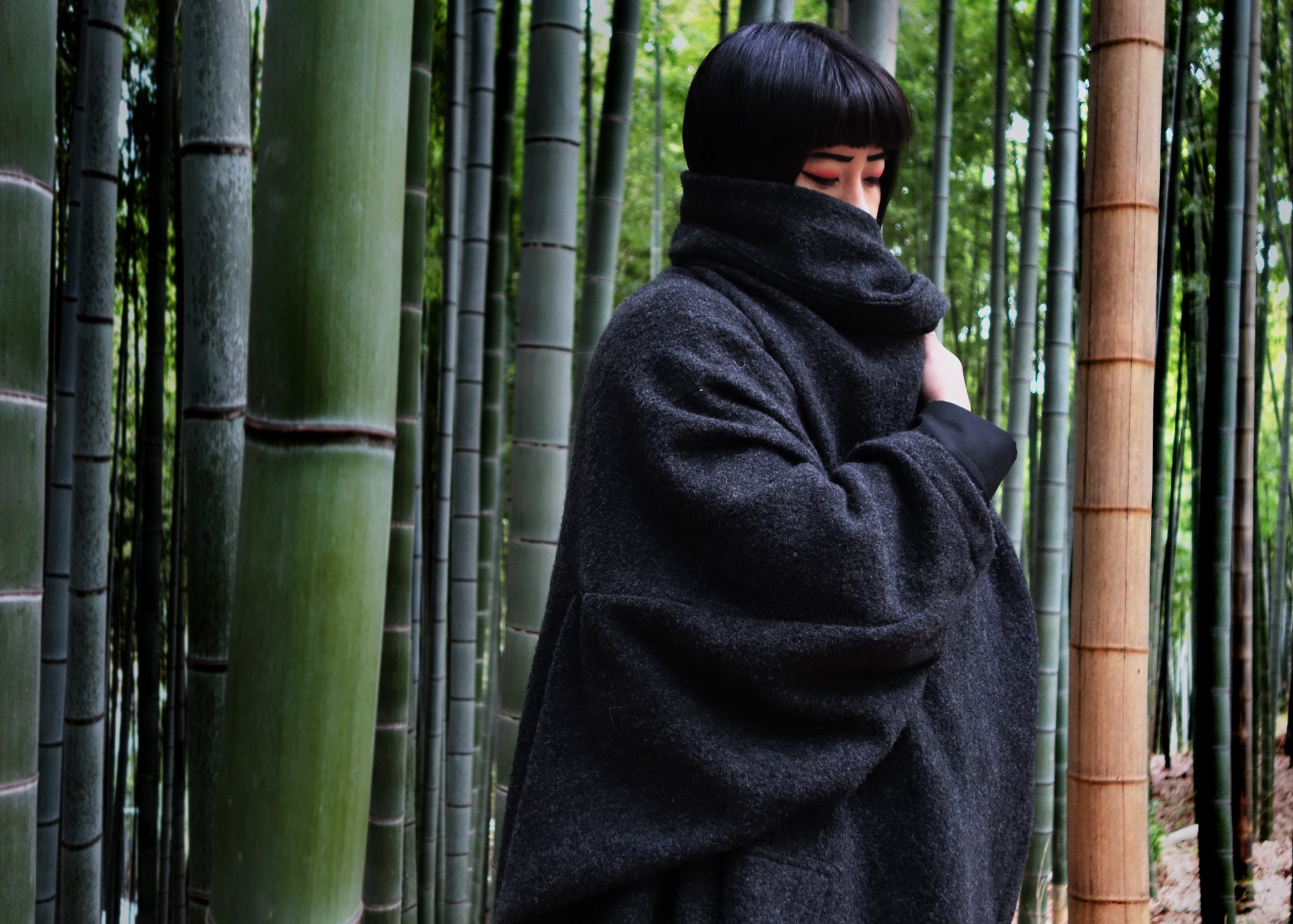ROSEN: AMUR
THIS IS THE STORY OF AMUR
Amur – born of the Ayan Gioro clan – was standing in the centre of Changchun, awaiting the grand motorcade that would be taking the last emperor to his palace of internment. The clan who subjugated had finally been subjugated; the end result of a century of negligence, debauchery and arrogance. His kin had either died on the battlefield, or of diseases or starvation. Stiltwalkers and paper dragons added to the festive atmosphere, though the onlookers knew not what they were celebrating. Their lands had been forcibly taken away: family members were missing; a cacophony of alien languages permeated the streets; strange customs were imposed by a new ruling class; tales of torture were abound. As the motorcade passed in front of him, he watched the remnants of his civilisation disappearing over the horizon, while memories of his fallen comrades, community and clan filled his eyes.
Amur – born of the Ayan Gioro clan, comrades of the Aisin Gioro clan – relishes simple hard work. He has taken up simple, honest occupations to pass the time, but most importantly, to never take his life and place in the world for granted. He discovered a long time ago that the gods of death and diseases would not touch him. For someone who does not experience starvation or death in the cold, sustenance and shelter are merely reductions in discomfort.
He prefers to dwell in smaller towns where he can still find work without a kerfuffle. His enjoys being a cook so he could pass on his cultural heritage – many appreciate his strange recipes - and a teacher in small villages which are always short of staff. Students flock to his history classes for he could regale events in great details. Almost as if he had seen them firsthand, they would say. To him, they are not stories or mere historical facts. They serve as warnings for future generations to heed. The locals would ask where he came from. With neither the soft drawl of the North, nor the precision of the Centre nor the harsh tongue of the South, they are unable to place his origins. He explains that it is a remote borderland accent. They believe him of course, for he is telling the truth. Over time their suspicions give way to comfort in his presence. That is when he knows to it is time to leave.
Amur – born of the Ayan Gioro clan many wars ago – has lived many lives. Never a religious man, he had always preferred the business of the present. But long ago he did utter a prayer, just once, throwing it into the wind with his last dying breath. Buried in the snow, he made a plea to see his family once more. Now he watches those around him wither and pass away while he remains firmly rooted in time.
The world moves around him, without him.
Amur – born of the Ayan Gioro clan that has been forgotten by time – stands at the edge of the sea as the purple night sky gives way to the brilliant hue of vermilion dawn, marking the end of his shift as the night watchman. In the midst of this solitude, no one would have have stopped him were he to walk into the water and disappear forever. Yet the thought of ending his life has never entered his mind. He has lived through untold death and suffering, each mortal’s passing strengthening his resolve to avoid non-existence.
He has witnessed the rise and fall of the empire he was born into; and now a new civilisation has risen from its ashes; old friends turned into foes, old nemeses becoming brothers-in-arms. Starvation has been replaced by abundance; medicine keeps the god of death ever more distant, and wooden dwellings have given way to glass and steel edifices that rise towards the heavens. His generation squandered their prosperity and saw its downfall. It will now be up to the new generation to regain the honour their ancestors built.
Without a sense of purpose, one might as well be a ghost. He has taken it upon himself to serve as a record keeper of this epoch; a wandering bookman with a message.
But first, let’s start with his story.
Amur – born of the Ayan Gioro clan in a land blessed by the black dragon – began his life in peace, but also in complacency. He was raised in a house of warriors and groomed for a high-ranking military post. Tales of battle victories centuries past were regaled to him alongside the study of military strategem. He learned of his brave great-grandfathers; of those who started their lives as farmers and herders and ended as conquerors of many lands. Those lessons were no more relatable to him than fantastical myths, for his clan was prosperous – one amongst many other noble families.
All the noble clans passed their time mostly in leisurely affairs: eating, drinking and merry-making. But now and again, news of skirmishes with foreign powers surfaced in the faraway capital and peasant revolts even further to the South. With adulthood he took a wife who had been introduced to him. Over time their affections blossomed and bore fruit in the form of two children. As a man who had all manner of luxuries provided to him, he had little cause for concern.
Amur – born of the Ayan Gioro clan, of conquerors and the conquered – on his thirty-third year, was given order to take up his banner to the faraway land of Joseon. War had come and duties to the empire took a sudden, higher priority. Their new enemy – said to be descendants of lowly pirates - looked much closer to himself than their centuries-old nemesis – the barbarians from the West. He expected to return home victorious in a few months. On the morning of his departure, to his tearful wife he presented a silk scarf, asking her to wear it until he returned home.
Upon arriving at the battlefield, he soon realised that the peaceful life he knew was numbered. Though his kinsmen were valiant in spirit and mind, their military decay was visible against a disciplined army with advanced weaponry. His ranks dwindled, until one day he was left with little choice but to take the front line. Ambushed, his platoon was all but annihilated. He was met with bullets in a field, tearing through his shoulder and left chest, barely missing his heart. He fell amongst his dead comrades. As blood trickled out of his body, he made that first and only fateful prayer, before darkness took over.
Amur – born of the Ayan Gioro clan whose tongue is no longer spoken – awoke in disbelief in a hospital. He did not remember the arduous journey back to the capital city, where he was treated for his wounds. A physician told him that three months had passed before he had fully regained consciousness, but he would need another two years for a complete recovery. He wrote to his family often, reassuring them that he would be back as soon as he could. His wife replied with much fervour, telling him that all was fine back home; weaving tales of his sons who were growing into fine young men, and of their favourite ginkgo tree turning golden in the autumn. He knew however, that she was upholding her courage, for news had travelled to him that there had been local militia uprisings brewing in his home region; rebellions against invaders from all over the world who had taken their lands, piece by piece, decade after decade. Bedridden, his prayer to reunite with his wife and sons held steadfast in his dreams.
Amur – born of the Ayan Gioro clan of the Plain Yellow Banner– had to choose between saving his family and loyalty to the kingdom. As the drums of war beat on the horizon, he who belonged to the noble class must prepare the army for a new era. The country had been carved up by an allegiance of nations, and should the ruling clan fall, they too would come for his brethren in the North. For the fourth year in a row, his wife refused to see him home until his call of duty had been answered in full.
When the foreign armies finally arrived at the capital, he fought alongside Kansu rebels and Shandong peasants until the Empress had an opportunity to flee. Before her departure, he asked permission to return home, to which she duly granted.
Amur – born of the Ayan gioro clan that no longer exists – arrived at the kingdom’s Northernmost train station. He rode as fast as he could for the last leg of the journey of two hundred li, not believing that he could finally see his family once more after four years and six months.
But in that high summer of Year 1900, he entered the town of his birth greeted by scenes of destruction and obliteration. The few people who remained standing amongst the dead barely registered his presence. Smoke burned his eyes and lungs as he galloped towards his family home. He halted his steed in front of his compound, its gates half-destroyed. He barged in, calling out for his servants. No one answered. Finally he burst into the back garden, the last place he had yet to look.
Amur – born of the Ayan Gioro clan, a husband to a steadfast wife and two brave sons – would soon find his battlefield prayer answered. On the grounds by the river he was named after, he saw the bodies of his offspring – much bigger than when he last saw them, laid at the foot of the family’s ancient ginkgo tree. They were lifeless, their bodies bearing wounds of the infamous shashka. Barely a few moments passed before he looked up the ginkgo’s beautiful lush foliage.
On one of the thick branches hung a familiar silk scarf. Tied in a noose, it held the head of his beloved wife, her eyes shut, feet dangling in the air, her face pale but still as beautiful as he remembered. As he approached the tree, he saw a note nailed to the tree trunk. It bore a single sentence: “With the enemy at your doorstep, even women and children must fight.”


